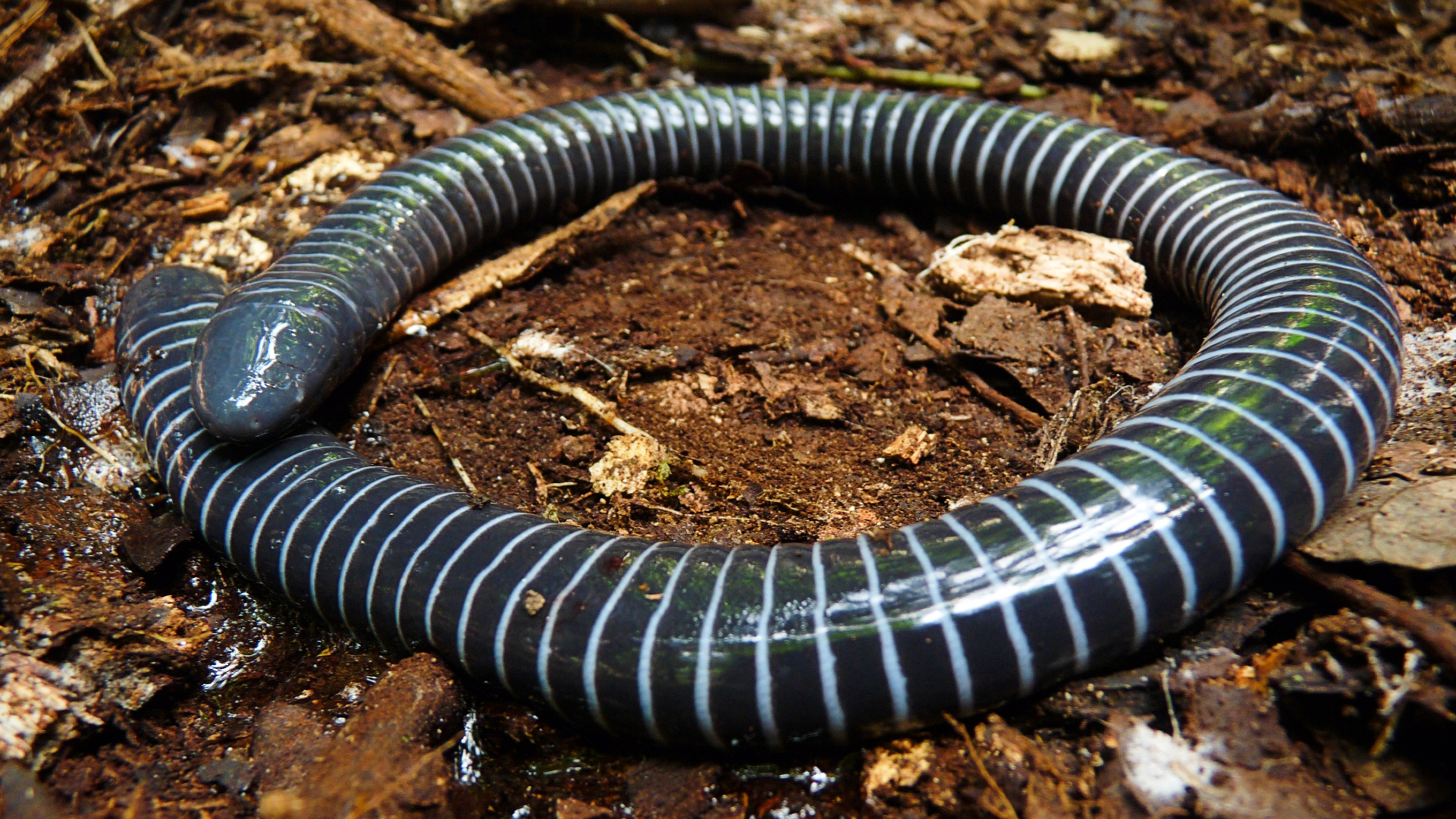An amphibian that produces milk?
Caecilians, worm-like amphibians that live underground, produce a milk-like substance for their hatchlings


A free daily email with the biggest news stories of the day – and the best features from TheWeek.com
You are now subscribed
Your newsletter sign-up was successful
What happened?
Caecilians, worm-like amphibians that live underground, produce a milk-like substance for their hatchlings. This is behavior typically seen only in mammals, said Brazilian researchers Thursday in results published in the journal Science. Baby caecilians had previously been found to eat their mother's skin.
Who said what?
Milk-feeding from egg-laying species is "very unique," as is the "begging behavior" caecilian pups exhibit when they want to feed from their mother's behind, or cloaca, said Pedro Mailho-Fontana at Brazil's Butantan Institute. "It's like they're from another planet," said lead study author Carlos Jared, whose Butantan Institute team has been studying caecilians since 1987. "For me, they're like Martians."
The commentary
The researchers did not say whether caecilian milk "meets FDA standards, but it does contain lipids and sugars" like mammal milk, NPR said. "Nature is very creative," said Marta Antoniazzi at the Butantan Institute. "Sometimes it gives the same solution to different groups of animals."
The Week
Escape your echo chamber. Get the facts behind the news, plus analysis from multiple perspectives.

Sign up for The Week's Free Newsletters
From our morning news briefing to a weekly Good News Newsletter, get the best of The Week delivered directly to your inbox.
From our morning news briefing to a weekly Good News Newsletter, get the best of The Week delivered directly to your inbox.
What next?
Caecilians were first identified in 1822, so it took "over 200 years to discover this," David Blackburn at the Florida Museum of Natural History told The New York Times. "Now we've got skin feeding, and cloaca milk … What else is there?"
A free daily email with the biggest news stories of the day – and the best features from TheWeek.com
Peter has worked as a news and culture writer and editor at The Week since the site's launch in 2008. He covers politics, world affairs, religion and cultural currents. His journalism career began as a copy editor at a financial newswire and has included editorial positions at The New York Times Magazine, Facts on File, and Oregon State University.
